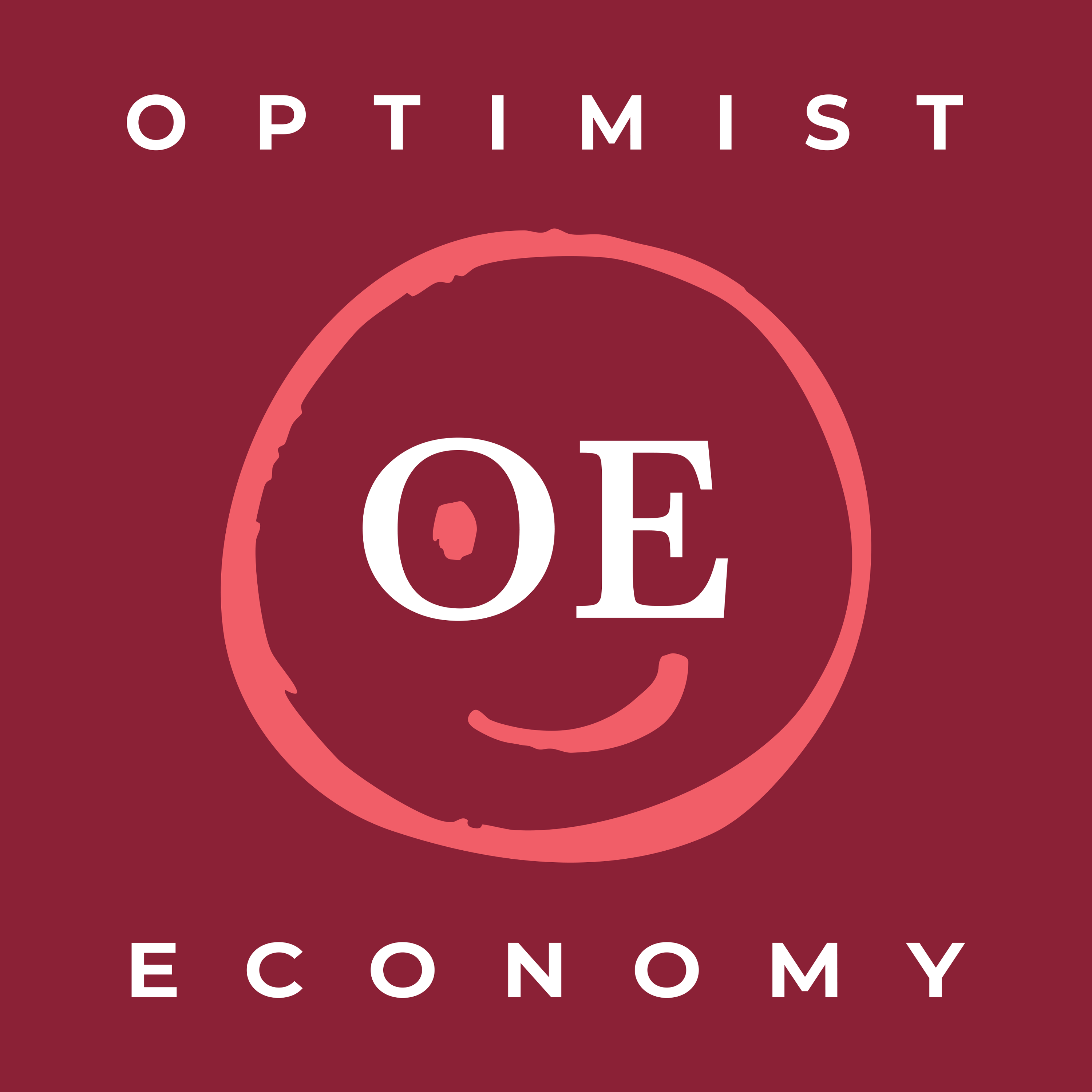
Optimist Economy
<p>Economist Kathryn Anne Edwards and co-host Robin Rauzi talk about the fundamentals of the economy and how to build a better future one problem and solution at a time. Our premise is that the United States has a remarkable economy — and yet for tens of millions of Americans it is not performing up to its potential. It could be more open to aspiring workers, less hostile to change, safer for workers, less risky for retirees, and so on.</p><p>✨ Support the podcast at: <a target="_blank" rel="noopener noreferrer nofollow" href="https://optimisteconomy.com/">optimisteconomy.com</a> ✨</p><p>Ask questions or share your economic worries with us at: <a target="_blank" rel="noopener noreferrer nofollow" href="mailto:optimist.economy@gmail.com">optimist.economy@gmail.com</a></p>